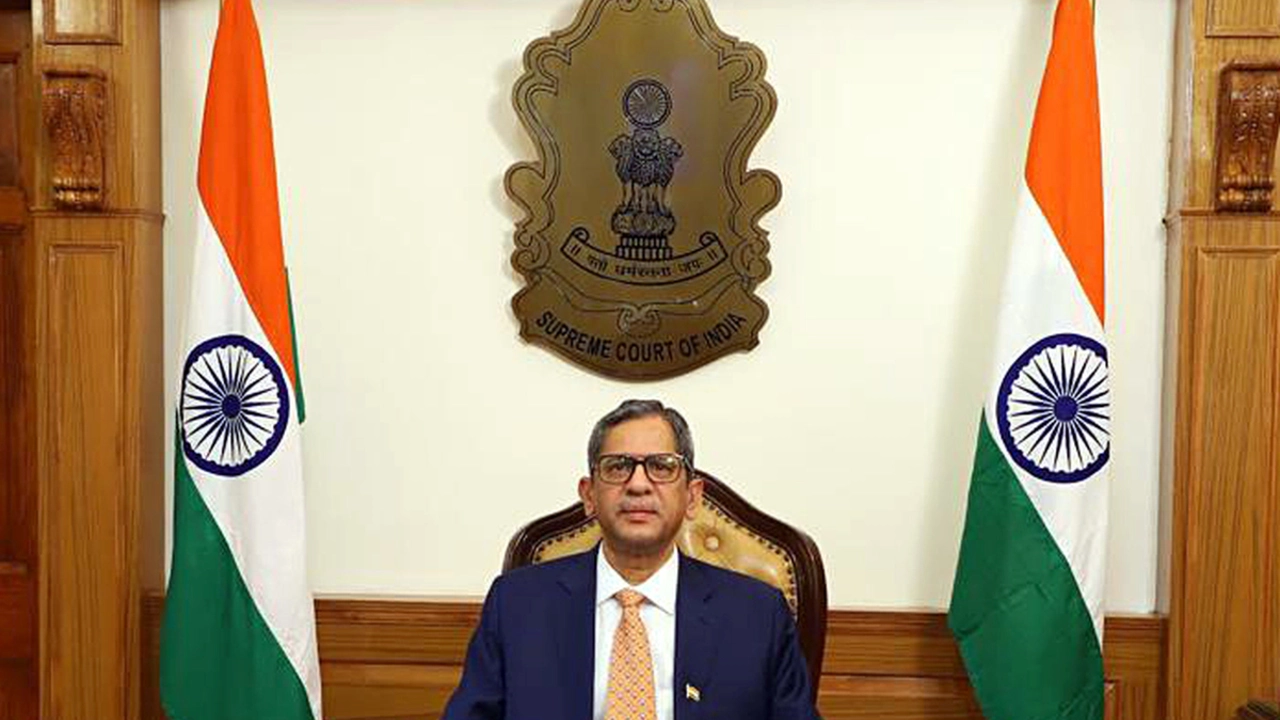Legal News – Latest Court Updates and Insights
Welcome to the Legal News hub of India Career Chronicles. Here we break down court stories that affect everyday life, from big Supreme Court rulings to state‑level judgments. No jargon, just plain talk about what’s happening in Indian courts and why you should care.
Why the Electoral Bonds Case Matters
Chief Justice N.V. Ramana has just announced that the Supreme Court will list the electoral bonds case. That’s a big deal because electoral bonds are a way political parties receive money without the public seeing who the donors are. Critics say this weakens transparency and lets hidden money influence elections. Supporters argue the system protects donor privacy and reduces cash transactions. The clash of these views landed the issue in the highest court, and now the judges are set to examine it closely.
When the Supreme Court lists a case, it means the matter will be scheduled for a hearing and the judges will start asking questions, reviewing evidence, and possibly issuing interim orders. For the electoral bonds case, this could lead to new guidelines on how bonds are issued, stricter reporting norms, or even a revamp of the entire system.
Why should you care? Political funding shapes policy, and policy shapes daily life—from taxes you pay to services you use. If hidden money sways elections, the results may not reflect the true will of the people. Greater transparency can help restore faith in the democratic process.
What to Expect from the Supreme Court Listing
First, parties involved – the Election Commission, the Ministry of Finance, and several political parties – will file detailed pleadings. Expect experts on campaign finance to appear as witnesses. Their testimony could highlight loopholes or defend the current system.
Second, the court may set interim directions. For instance, it could ask the Election Commission to pause new bond issuances until a final decision is made. That would put a temporary brake on the money flow and give the judges a clearer picture.
Third, any ruling will likely have a ripple effect. If the court tightens reporting rules, media houses will get clearer data on who funds parties. NGOs could use that information for watchdog activities. On the flip side, a decision to keep the status quo might spur new legislative proposals in Parliament.
Stay tuned as we follow each hearing, highlight key arguments, and break down the judgments in plain language. We’ll also keep an eye on related legal battles that pop up – because one court case often sparks another.
Beyond the electoral bonds story, our Legal News section covers a range of topics: landmark Supreme Court judgments on privacy, labor law reforms, consumer rights cases, and more. Each article aims to give you the facts without legalese, so you can understand how these decisions affect your life.
If you spot a legal issue that’s making headlines or want us to explain a recent ruling, drop a comment. We love turning complex court talk into bite‑size info you can actually use.
Keep checking back for fresh updates, analyses, and practical takeaways. The law evolves every day, and so do we – bringing you the latest legal news in a way that’s simple, clear, and useful.
CJI Ramana says Supreme Court to list electoral bonds case?
In a recent development, Chief Justice of India (CJI), N.V. Ramana, has announced that the Supreme Court will be listing the electoral bonds case. This case has drawn significant attention due to its potential implications on political funding transparency in the country. It's a relief to see that the apex court is taking action on such crucial matters. I'll be keenly watching how this unfolds and will keep you folks updated on any major breakthroughs. It's certainly a case that could shape the future of Indian politics.
Arvind Chatterjee | Jul, 22 2023 Read More
